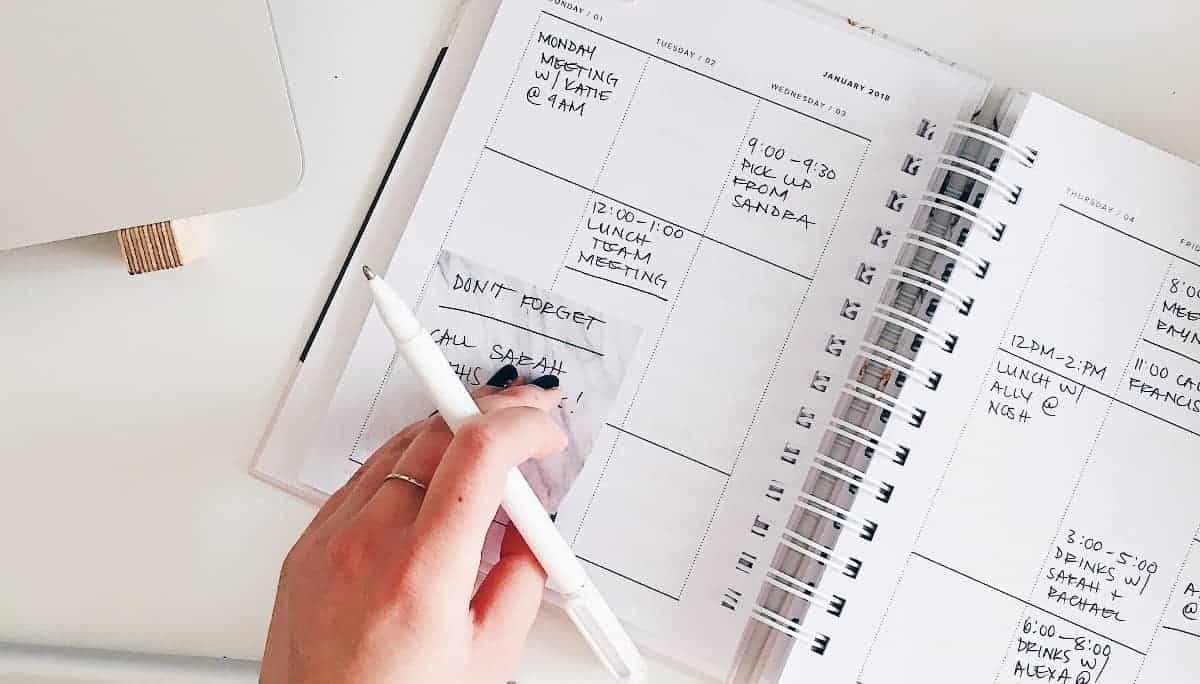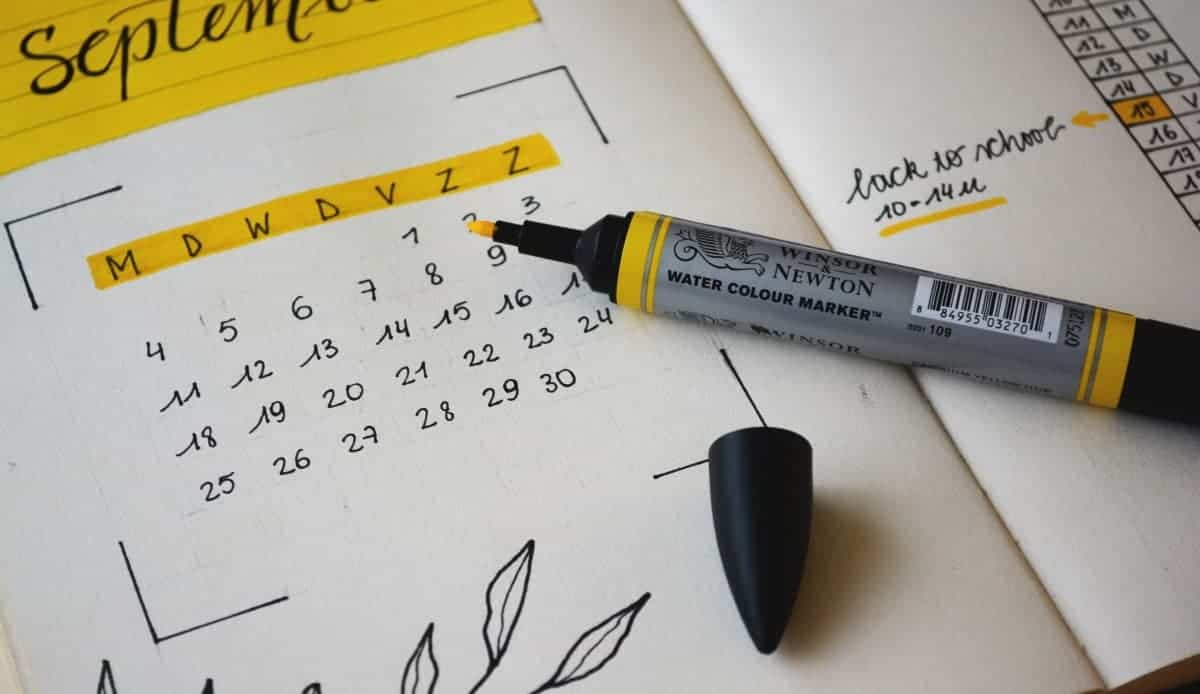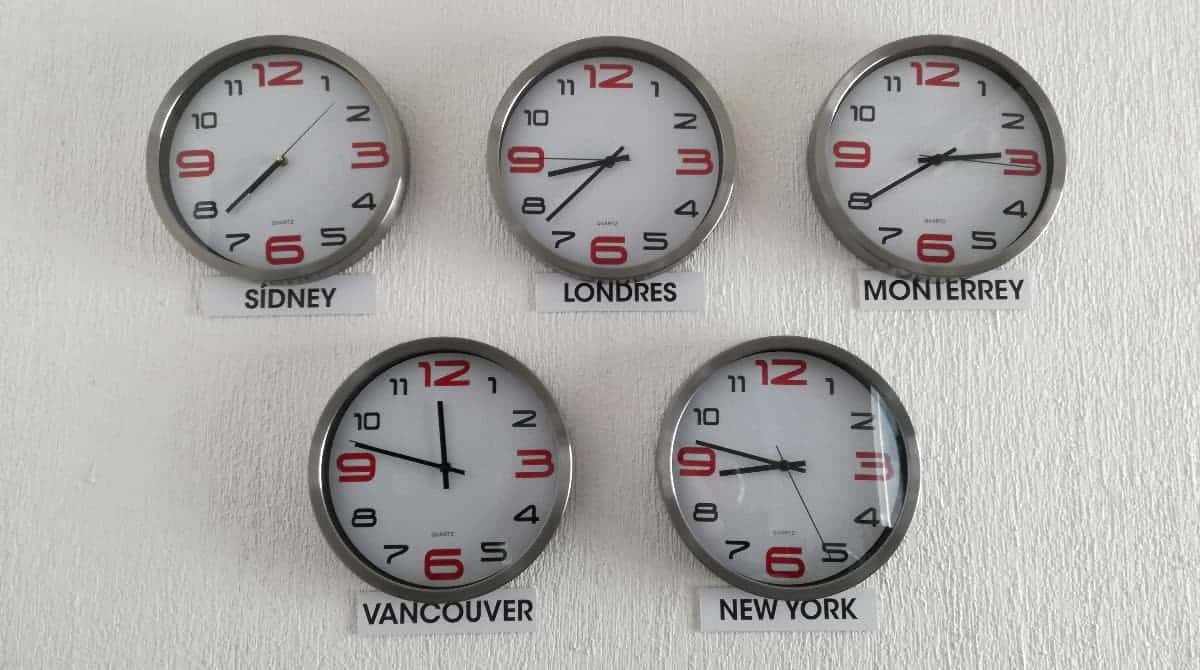Working across multiple time zones – the struggle is real.
Contracting freelance work with clients in different countries is pretty awesome. The world is our oyster!
That said – like oysters – it can also get messy real fast.
Especially if you’re working on projects based in multiple time zones. It can easily become a juggling act that devours your waking hours and leads to poor work-life balance.
I’m definitely guilty – when I first took on clients in Mexico, the UK and Malaysia, my work day never ended. I was setting 4am alarms, taking calls at mealtimes and cancelling on friends all just to get work into client inboxes before they woke up.
Fact is, it’s actually pretty easy to manage clients across time zones without overworking yourself. I promise you can too – here’s how.

Familiarise yourself with the way your different clients work. What key moments in their workday do you need to be aware of?
Here are 3 questions you should ask yourself:
When you have your answers, try to structure your own work day to synergise with these moments as much as possible. Start with your highest-priority clients and work backwards.
There’s no hard and fast rule here – it may take trial and error. But even just planning your day with an awareness of these moments will help you to work more in sync with your clients.
Most importantly – it will help give your workday a sense of rhythm. A daily routine does wonders for work-life balance because, from the time you wake up, you know what project each part of the day is dedicated to.
Here’s my routine as an example: I’ll wake up early to touch base with my Malaysian client before they go to bed. I’ll then work on my Mexican client’s projects to match their peak hours, then finish my Malaysian projects before the team wakes up again. This way, I know I get to keep all my evenings free.
Having this sense of structure really helped the rest of my day fall into place. Give it some thought!

Focus on improving your productivity during your working hours. This will help you keep your work from overflowing into your downtime.
Productivity hacking is a big topic for another day, but one easy way freelancers swear by is to use tools like Asana or Trello to help track projects and break them into smaller tasks.
Another productivity tip is to take note of your ‘power hours’. Are you a morning person or a night owl? Most of us have special times of day where we do our best work. Note when your productivity is at its peak, and see if you can give your best times to your most important projects.
Become a hack-detective. If there’s a task you’ve been struggling with for a while, why not look up advice on how other people have tackled the same issue in the past?
For example, if you’ve been struggling to write effectively for your website, check out a writing guide like ours here. Learning from others can help you avoid the same mistakes and save yourself a ton of time.
When you’re communicating with clients overseas, make the extra effort to be clear and concise. Ambiguity wastes everyone’s time, and a time difference can multiple this by several times! Always clarify, clarify, clarify!
That means if you’re messaging/emailing a client outside their working hours, do so in a way that doesn’t require them to send lots of follow-up messages to understand what you’re telling them. This leads to project delays.
This also applies to when you are deciding on ETAs or meeting times. ALWAYS confirm the time zone you’re talking about so it is clear for all parties. You can use time zone abbreviations like EST, UTC, etc., or just clarify if a meeting is ‘my time / your time’.
Write out dates in full or put times in 24-hour clock. Basically, do whatever you can to make the info clear.
Clear comms will help you work smarter, and avoid last minute panics.
Make sure you’re getting your 8 hours sleep a day. And make sure it’s quality sleep too! If it’s absolutely necessary to work during twilight hours, try to feed your body’s need for sleep during the day. A short nap can work wonders.
And if you absolutely need to work at night, there are ways to minimise the negative effects of screens on your sleep. Pick up some blue-light blocking glasses or download an app like f.lux to give your eyes some loving.

Make sure you are 100% clear on your availability for the coming weeks.
My method isn’t fancy, but it works for me. It’s as simple as opening my planner to the calendar page and penning in these 2 categories of dates for the month ahead:
Any events that can affect your clients’ availability, e.g.:
Any events that can affect your own availability, e.g.:
You can then write in your client’s project deadlines, making sure to consider the time difference (remember, your client’s Monday morning isn’t the same as yours!)
Having a visual reference of all this info down will help you see your availability for the near future. You can then plan your workflow accordingly.
The exercise literally takes minutes but is lifesaving in helping me set realistic personal deadlines. I’ll review and update it regularly as new deadlines/meetings arise and I always know exactly what I need to get done each day to stay on track!
You may want to impress a new client by promising them the world. But never make a promise that you can’t keep! Setting 3am alarms might sound noble, but it’s going to suck for you in the long run and it isn’t an expectation you want to set.
Help your client understand your availability – i.e. when you will and won’t answer email or messages. It’ll save you both stress and guesswork. Decide on a window of overlap that works for all parties, then firmly and politely communicate it to clients from the onset.

Be sure to set your own boundaries. This means deciding on an ideal time when you should aim to sign off each day. Stick to it as much as you can, and unplug from the job properly when you’re off duty! When it’s nearing bedtime, switch on your phone’s do-not-disturb so you won’t be bothered.
Working late nights should be the exception, not the norm. We aren’t machines! Recognise your humanness and let go of the need to feel ‘guilty’ for not being available 24 hours a day. It can be tough, I know. But recognise that by protecting your downtime, you’ll also do better work when you’re ‘on’.
And don’t be afraid to remind your client of your boundaries if they get too demanding. If they propose a deadline that will require you to sacrifice sleep or your social life, always ask yourself, “is it worth it?” If it isn’t – don’t be afraid to say no or negotiate an alternative that you CAN work with.

Ironic twist – I’ve even had several clients comment that the time difference is a plus!
That’s because when you get it right, it can really be a superpower. And this mindset shift has really helped me grow as a freelancer.
Time zone differences can mean that there’s always someone in the world pushing the project forward. It can mean that my client can send a brief before they sleep, and wake up to the job done, because I can work uninterrupted during my day.
Best of all – juggling multiple time zones has given me a better appreciation of my 24 hours a day, and finding better ways to use it. So, try and see this ‘challenge’ as an opportunity instead.
Work-life balance is totally possible. Once you find your rhythm, it can feel like clockwork.
Best of luck!
Dani is an editor and writer based between KL and Mexico City. Sprung from the advertising and travel industries, she’s also spent the last 10+ years freelancing for a slew of creative online businesses around the world. Connect with her via LinkedIn.